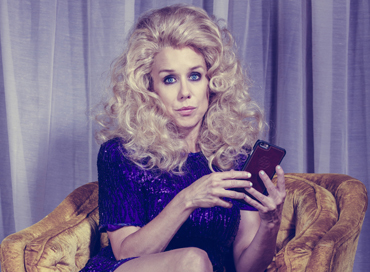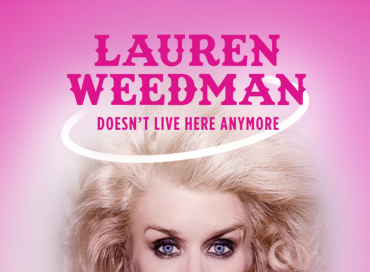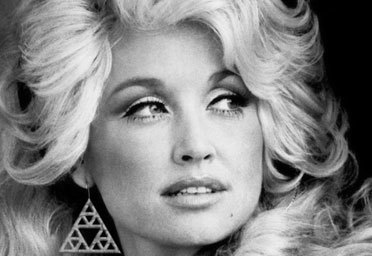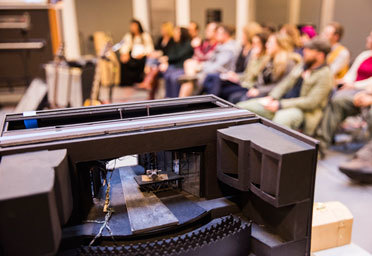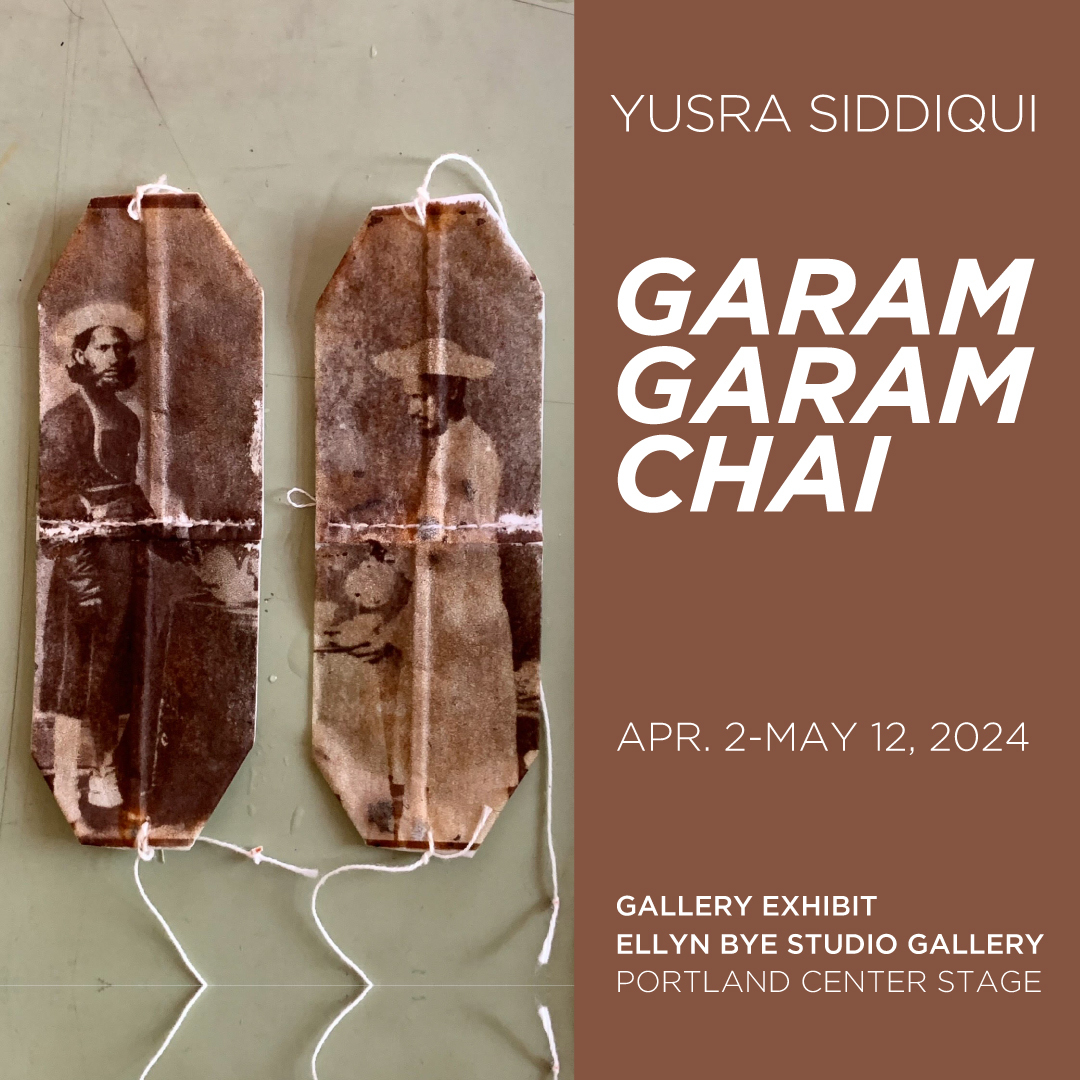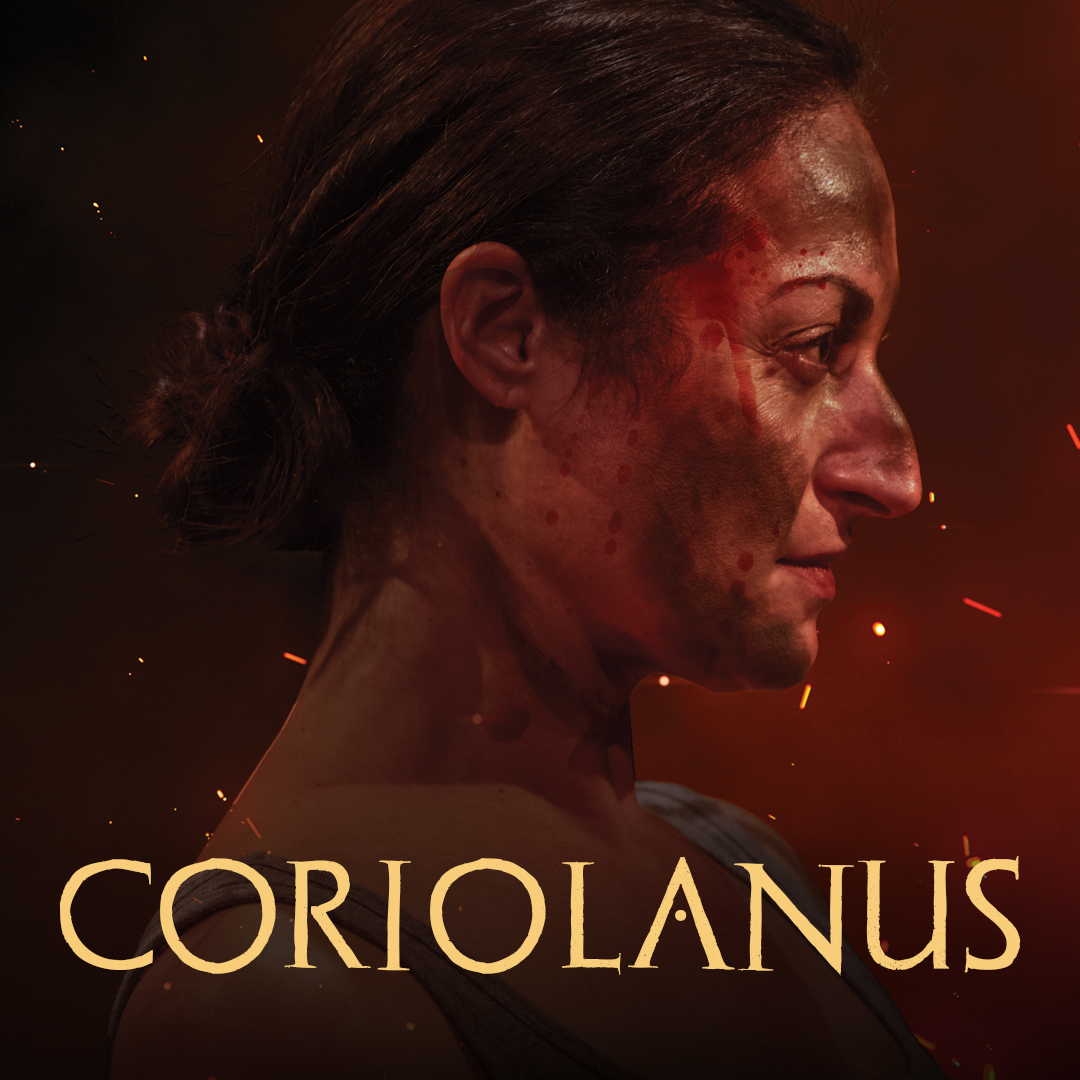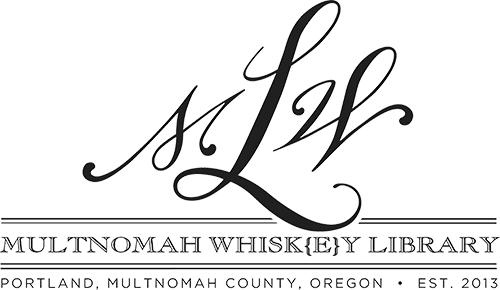Female Empowerment in Country Music
By guest blogger Nicole Hunt
When you think of country music, what images pop into your head? Trucks? Divorce? Maybe some dogs? Country music has an established reputation as “hick” music. As an avid fan of country music, I understand why so many people think that, but that’s really not the case anymore. Today’s country music is more Prius than Ford Truck. It’s a hybrid of its country roots, blended with modern sounds and influences of Pop and R&B. Here’s another surprising bit of information: country music has made steady progress toward female empowerment for the last several decades. Gone are the days when country wives are expected to “stand by their man.” Today, they’re far more likely to wear their “Red High Heels” while they say “Bye Bye” and haul off their “Gunpowder and Lead” in their own truck.
While there is no definitive start date to the empowerment of women in country music, most people consider it to be the day in 1975 when country giant Loretta Lynn released her controversial song “The Pill.” The song was a love letter to birth control and Lynn’s new ability to become more than just an “overused incubator.” Her drastic contribution for women wasn’t received with open arms at the time; the song was banned on the radio, but the intention was there and the road to women empowerment was on its way to being paved.
Empowerment in the 90s and 00s
As country shook off the dust of it’s achy breaky past, it began to modernize. Women entered the genre in hordes. The 90s saw the rise of female artists who weren’t afraid to flip gender stereotypes on their heads. The Dixie Chicks’ “Ready to Run” gave marriage the boot, while “One Way Ticket” by LeAnn Rimes lauded the independent woman. “Man I feel Like a Woman” (Shania Twain) and “Redneck Woman” (Gretchen Wilson) reshaped a country girl’s idea of femininity. “I’m a Survivor” (Reba McEntire) and “Born to Fly” (Sara Evans) gave listeners the courage to pursue their dreams with confidence. Mindy McCready’s “Guys Do It All The Time” was a fun reminder that women can do everything that men do.
You could choose almost any song by The Dixie Chicks, Miranda Lambert, Shania Twain, Reba McEntire, Martina McBride, or Gretchen Wilson and be overwhelmed with the empowerment. The message from women in country music was cohesive and repetitive: we are here and we are not going anywhere.
The Bro Country Push Back
With every large push toward progress, we get the inevitable push back. Unfortunately, this came in the form of “bro country,” a movement led by singers like Luke Bryan, Florida Georgia Line, Jake Owen, Jason Aldean and others. In bro country songs, women are often referred to in pejorative slang terms like “honey” and “girl.”
Yeah, when I first saw that bikini top on her
She’s poppin’ right out of the South Georgia water
Thought, oh, good lord, she had them long tanned legs
Couldn’t help myself so I walked up and said
"Cruise" by Florida Georgia Line
You got that suntan, skirt, and boots
Waiting on you to look my way and scoot
Your little hot self over here
Girl hand me another beer, yeah!
"That's My Kind of Night" by Luke Bryan
It’s hard not to be disheartened by the popularity of bro country. In 2015, Billboard evaluated the samples sent by big labels to radio stations, and ¾ of the samples were from men. But bro country aside, there are many reasons to be hopeful about women and their contributions to the genre. Maddie and Tae are calling out Bro Country and getting a huge response. Their song “Girl in a Country Song” addresses the plight of women in country songs: “Well I wish I had some shoes on my two bare feet/And it’s getting pretty cold in these painted on cut-off jeans/I hate the way this bikini top chafes/Do I really have to wear it all day?” Kacey Musgraves, another fan favorite, petitions her fans to “Follow your arrow wherever it points” and choose to live life on your terms, and yours alone.
We’ve Come A Long Way (But We’ve Got A Way To Go)
It’s easy to focus on the current country music climate and see a lot of dismal data. Men dominate the airwaves and the award shows. But if we look at the long haul trajectory of country music, we can see that the pendulum swings much further toward empowerment than dependency. In the end of their song “Girl in a Country Song,” Maddie and Tae point out that, “Conway and George Strait/Never Did it this way/Back in the old days.” They’re right. Even in the 1970s and 1980s, women were not objectified in country music like they are today.
Country music has always been about family, love, and faith. Sure, these themes have been modernized to match a new audience, but with this modernization has come a new wave of strong women ready to sing their truth to anyone willing to listen and buy concert tickets. And artists like Miranda Lambert, Maddie and Tae, Kelsea Ballerini, and Kacey Musgraves are paving the way.
If you love (or love to hate) country music, then you’ll love Lauren Weedman Doesn’t Live Here Anymore, playing at The Armory through April 30.
Portland Center Stage is committed to identifying & interrupting instances of racism & all forms of oppression, through the principles of inclusion, diversity, equity, & accessibility (IDEA).


